WordCamps happen all over the world every single year – they are a celebration of local WordPress communities and always a great time for everyone involved. They are also, as I’m sure you can imagine, a lot of work to put together. A huge amount of time, energy, effort and money go into making every WordCamp happen – from the smaller 50-person camps, all the way up to the 2,000-person regional events like WordCamp Europe. No matter what size a camp is, you can be sure that the organisers have been working incredibly hard to pull everything together in time for the kick-off.
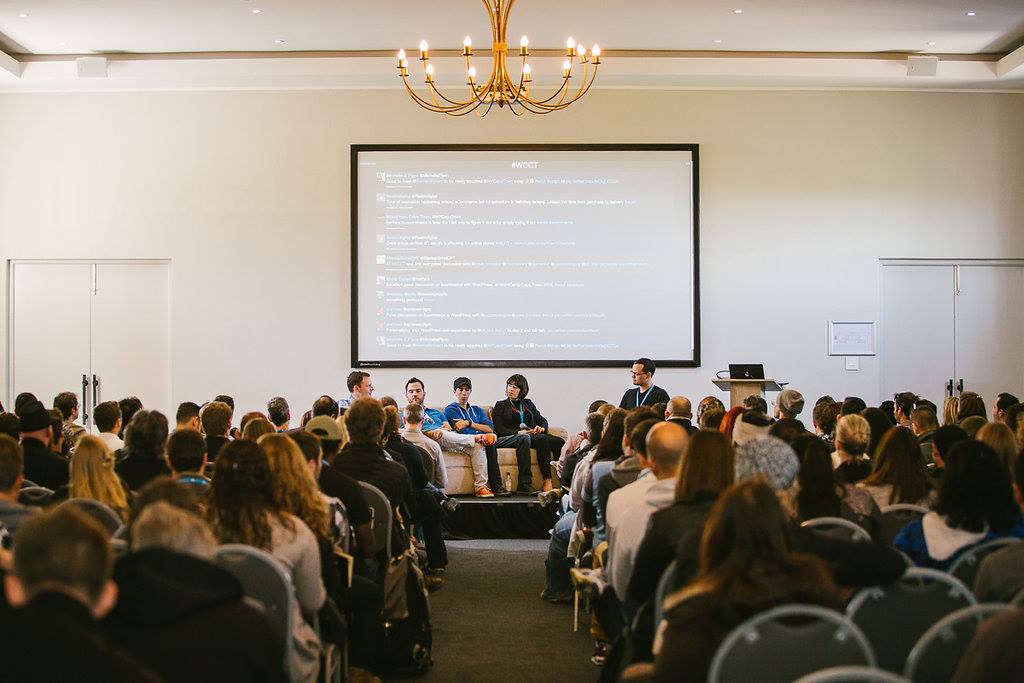
I’m sure you’re aware of all of that, but you may not know just what is actually involved in bringing a WordCamp from a fun idea to a successful event. What kind of things need to happen? How much support to organisers get from WordCamp Central? How many hours do organisers lay awake at night thinking about all the things that they haven’t finished planning yet?
That last question is just not quantifiable, but knowing the answers to the rest is not only enlightening, but it could also help pave the way for you to start organising a WordCamp in your own city. So, with that in mind, here’s an overview of how a WordCamp happens and what it takes to bring one of these events to life.
First things first
Start a meetup
WordCamps are a celebration of the local WordPress community – this means that in order for a WordCamp to be approved and given the go-ahead, it needs to be borne out of an active local meetup group. This not only provides a grounding for the event, but it also means that the community will exist beyond the camp itself. In addition, it gives the organisers a first port of call when looking for volunteers, speakers and sponsors; as many of them will be readily available and active in the local community already.
The general guideline is that once a meetup group has been active for 6 months and they can realistically expect to have at least 50 people at a WordCamp then they’re ready to get going with one. The 6 month guideline is somewhat flexible depending on the group, but the length of time is important as it proves that the community has staying power and is not just going to fizzle out after one WordCamp. The 50 person minimum is also just to ensure that the event is more than a standard meetup event and really brings the community together.
Want to start a meetup? There’s a handbook to help you!
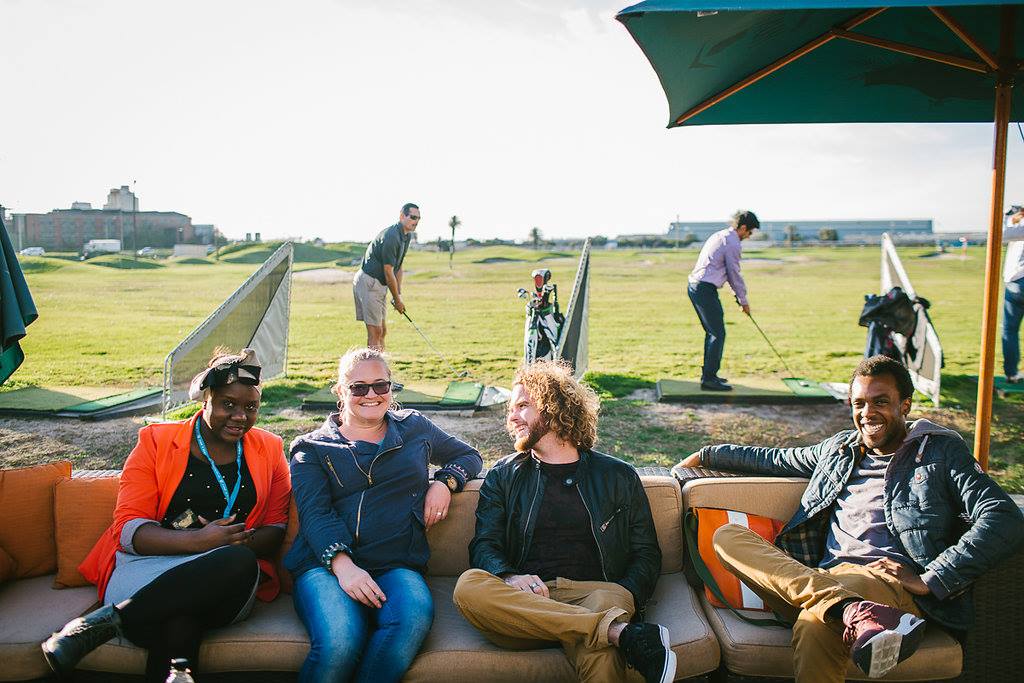
Read the handbook
One of the great things about a programme like WordCamp, is that there is a long history and large community behind it all. Along with that history comes extensive documentation about how the events work and how you can do it yourself – enter the thorough and ever evolving WordCamp Organiser’s Handbook. If you want to organise a WordCamp, then having a read through that handbook must be your first port of call – you don’t need to memorise it (although that can’t hurt), but going through it will give you a pretty good idea of what you can expect when you begin the planning process. The handbook will also be a constant companion to you all the way up to the date your camp actually takes place.
Apply
Once you have a somewhat clear picture of what it takes to organise a WordCamp and what you can expect, then you need to get your WordCamp application submitted. All you need to do is fill out the application form and you’ll be good to go. The form asks a whole lot of questions about you as an individual as well as about your local WordPress community, so try to be thorough when you fill it in – the more information you can provide, the better.
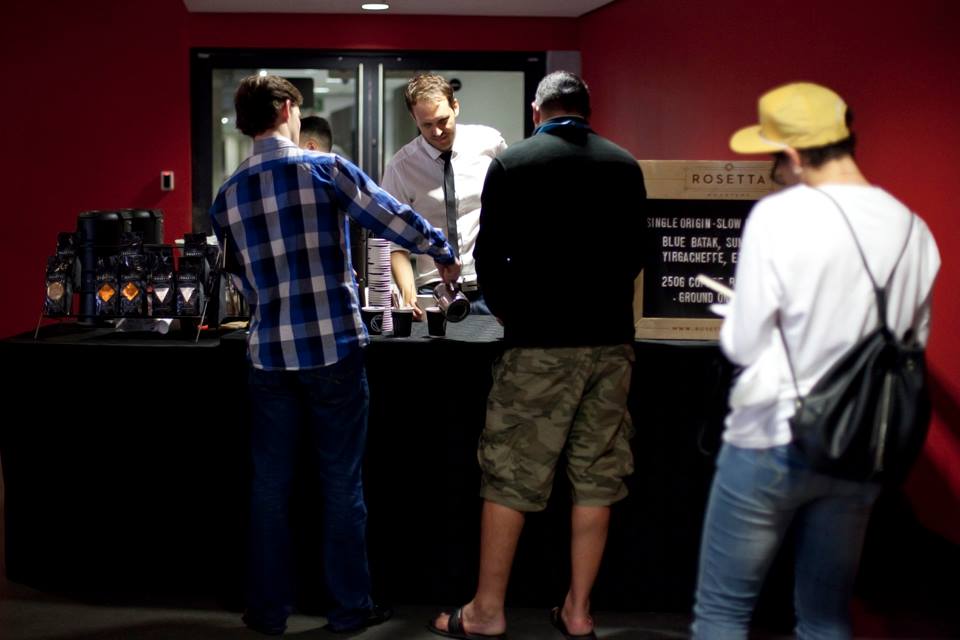
The application process
This is the stage where people are generally rather unsure about what happens next – I often have people asking what happens with their WordCamp applications after they have submitted them, so now you’re about to find out!
Vetting
When an application is first sent in, it lands in the vetting queue. This means that the WordCamp Central team (of which I am a part) has a look through the application and does some basic checking up on the individual applying as well as the community in which the camp would be happening. This is an important process as WordCamp organisers represent the WordCamp and WordPress brands and, as such, we need to make sure they are doing it for the right reasons and that the community is in the right shape for a WordCamp to take place.
Rejected applications
If an application does not pass the vetting process, then we will email the applicant to explain why they were not accepted. The most common reason is that there is no active meetup in the area, but there can be many other reasons too.
Accepted applications
The other thing that could happen is that we are mostly happy with the application, but there are one or two things we need to ask the applicant about. We’ll then send them an email and ask what we need to fill out the info and get a better picture of it all.
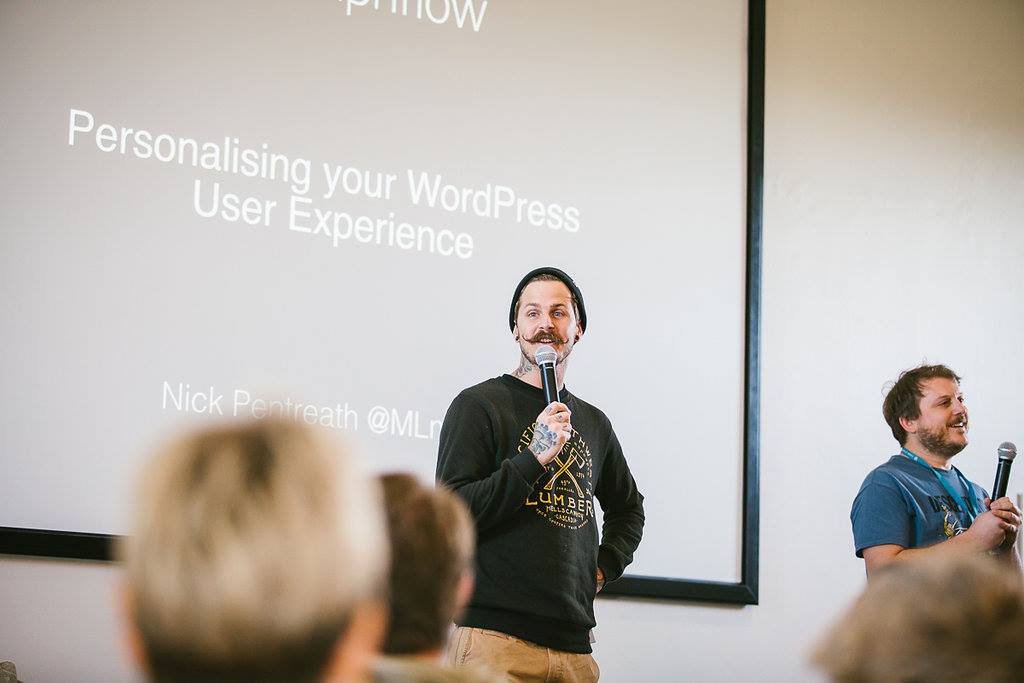
Once we have a complete application (whether from the start or from asking further questions), then we will let the applicant know that they have been accepted and will move to the next stage.
The Orientation
Once we are happy with a WordCamp application, we will schedule an orientation with them. WordCamp orientations are online video calls that we do with every WordCamp organiser. They last about 40 minutes or so (although the length of time can vary of course) and in the call we cover all of the major points about how WordCamps work and what we expect of organisers. We also go over some of the practical items in the process, including tools that we provide for organisers. We do these orientations every year, even if the organiser has previously been involved with a WordCamp – this enables us to make sure that the organiser is still on the same page and also gives us a chance to introduce them to any new tools that we may have built since they last organised a WordCamp.
The orientation is a good time for us (as WordCamp Central) to get a clearer idea of what the organiser is planning and how they are thinking about their WordCamp. It’s also an open conversation where the organiser can ask us any questions they have about anything they need more clarity on.
At the end of the orientation, we will create the website for the WordCamp so that the organiser can start getting things moving on that front.
The Pre-Planning Phase
After the orientation and the site creation, the organiser goes into the pre-planning phase – this is when the WordCamp has been accepted, but the date and finer details have not yet been selected or finalised. In this phase, the organiser does three main things:
- Gather their full organising team together
- Find a venue (and date) for their event
- Fill out and submit their preliminary budget for review
The first two items are relatively straightforward and take varying amounts of time depending on the team and the region. The third item takes the bulk of the time of this phase, as setting a preliminary budget is a critical part of the planning process.
What we mean by ‘preliminary’ in this case, is that this is the initial budget that an organising teams puts together to get a first look at what their WordCamp costs are most likely going to be. Not all of the costs need to be absolutely final at this stage (as that is not always possible), but the more accurate these costs are the better. Once the preliminary budget has been set, then the organising team submits it to WordCamp Central for review and approval.
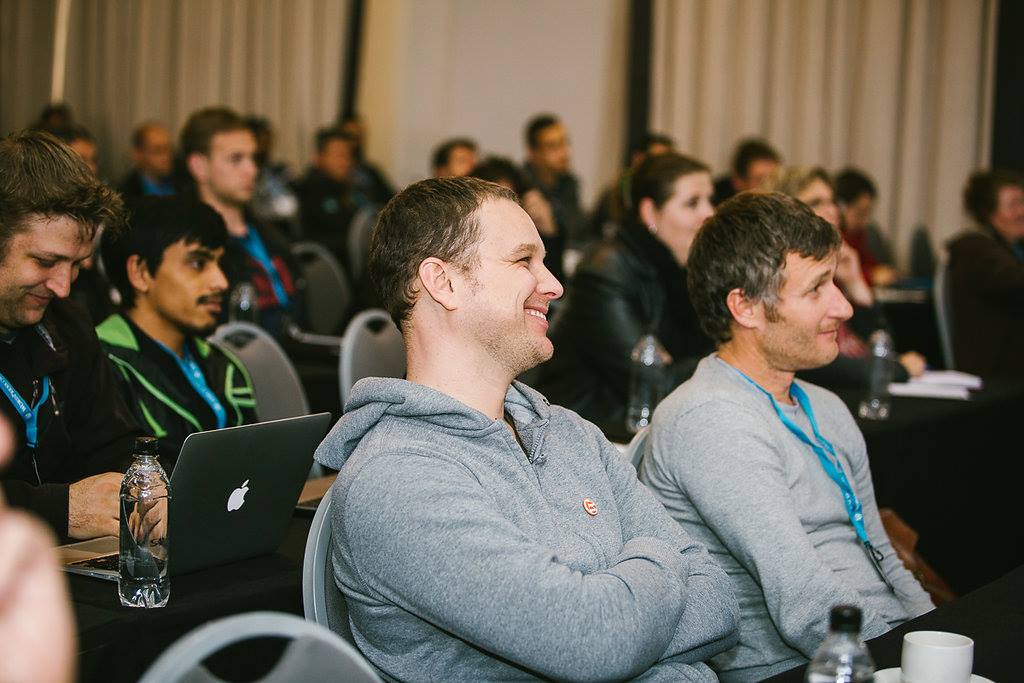
Budget Review
The budget review is, as the name indicates, a time when we review the budget along with the organiser. This is done over another online video call and can take 30-60 minutes depending on the budget and what needs to be discussed. During this call, we will make sure that the budget includes everything required to make the event possible, that the costs are all reasonable and that the ticket price is set to a reasonable amount.
The other crucial thing that the budget review involves, is setting the amount for the event’s Global Community Sponsorship Grant – this is money that will be given to the event from the global community sponsors. These are companies that generously sponsor all of the WordCamps around the world and the money provided by them forms the start of the sponsorship money that goes towards making sure each WordCamp is successfully funded.
Once the budget review is complete and the organiser knows exactly how much they will be getting as the grant, things can move onto the next phase – the all-exciting announcement. Before this can happen, however, we need a contract (or other form of agreement) from the venue to confirm that the WordCamp is in fact booked on the selected date. Once we have that then the organising team can start publicising their event and even start selling tickets if they’re ready to do so.
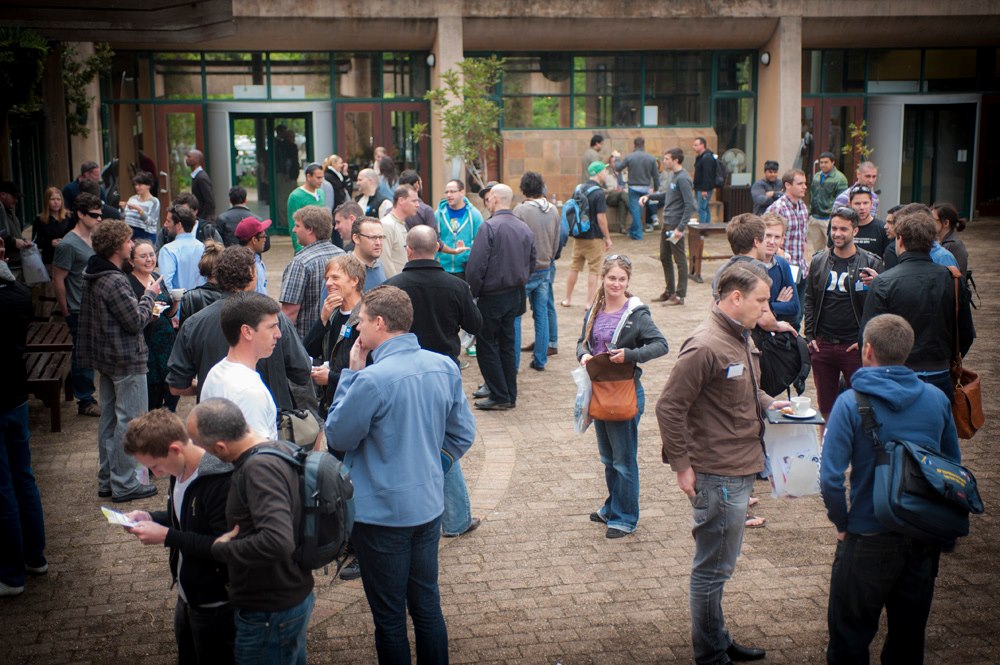
Up, Up and Away
Once the budget has been finalised and the venue is confirmed, organisers can start advertising the specifics of their WordCamp – they can publish the venue and date on their WordCamp site, let their community know about it, and get going with ticket sales. From here on out, there are no more planned meetings between the organising team and WordCamp Central, but we are always available for questions and impromptu meetings as needed.
For the rest of the time organising the WordCamp, organisers will select their speakers, nail down sponsors, gather volunteers, and make sure all of their suppliers are paid on time. Each organising team does this in the way that makes the most sense for them, but the Organiser’s Handbook and the tools that we provide all give them a great platform on which to build their event.
For first time organisers, we try as hard we as we can to connect them up with a mentor – this is an experienced WordCamp organiser from elsewhere in the world who can answer their questions and generally help them out with things. We have less mentors than WordCamps so this isn’t always possible, but it is an incredibly useful resource for organisers when we can make it happen.
The time from here until the actual event varies depending on the time frame set by the organisers, so this period can be anything from one or two months to many more than that. In general, it is far better for an organiser to give themselves more time than less so they have enough time to get everything done.
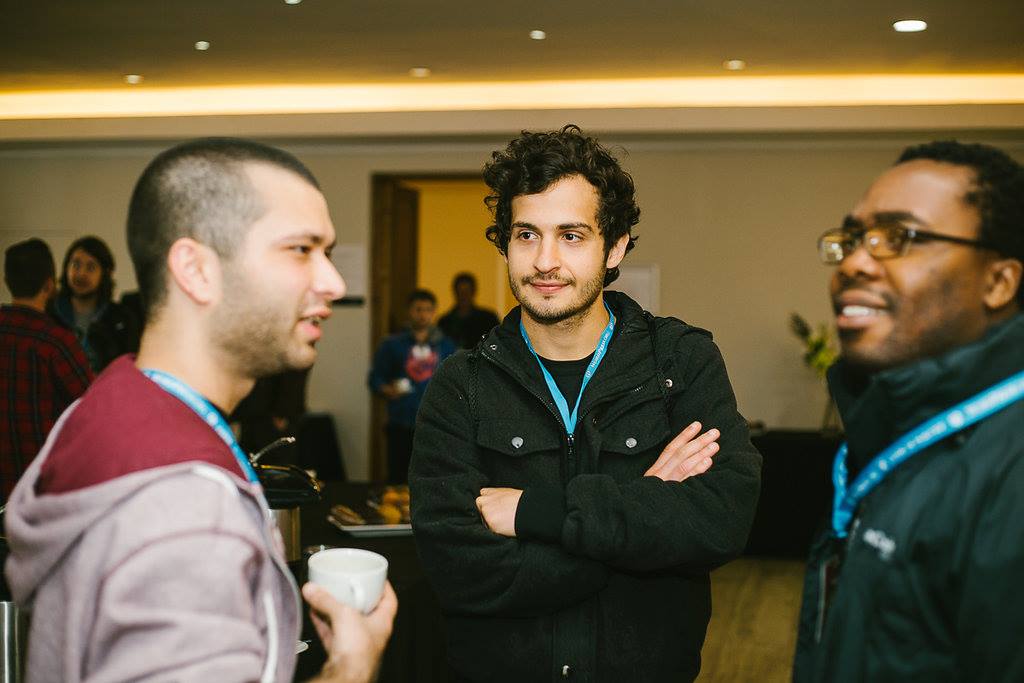
The WordCamp and Beyond
After all the hard work making sure suppliers are paid, sponsors are finalised, tickets are sold, and everything is in order, the day (or days) of WordCamp finally arrives. Organisers will be working hard through the event to make sure it all goes smoothly and, even if a few small things don’t go as planned, you’ll find that most WordCamps come together really well.
After the event (once sufficient rest has been had), organisers are expected to continue building their local community, with the WordCamp providing a whole lot of momentum for new people joining the meetup group and the community growing further.
A WordCamp is not an isolated event – it happens as part of a community that not only has continued meetup events, but also looks to plan a new WordCamp each year. This means that once things have settled down for the organisers, well quickly see a new WordCamp application come in and things can slowly start getting going again for the following event.
Does organising a WordCamp sound like something you would love to do? What’s holding you back?
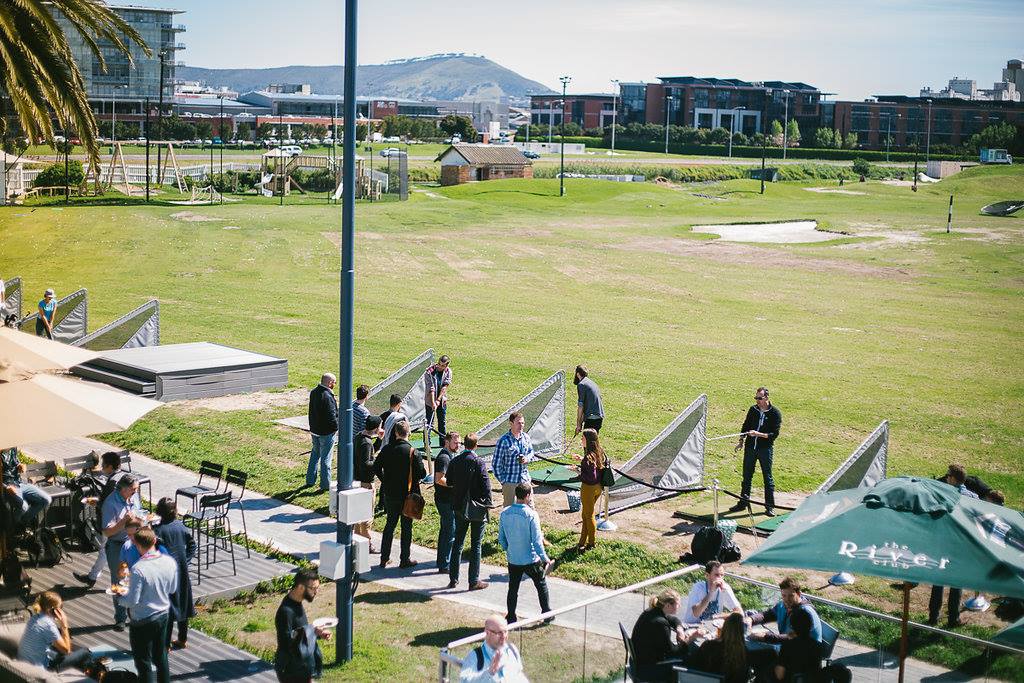
All photos in this post are from WordCamp Cape Town 2012, 2014 and 2015. Come join us at our 2017 event on 26 & 27 October.




Leave a Reply